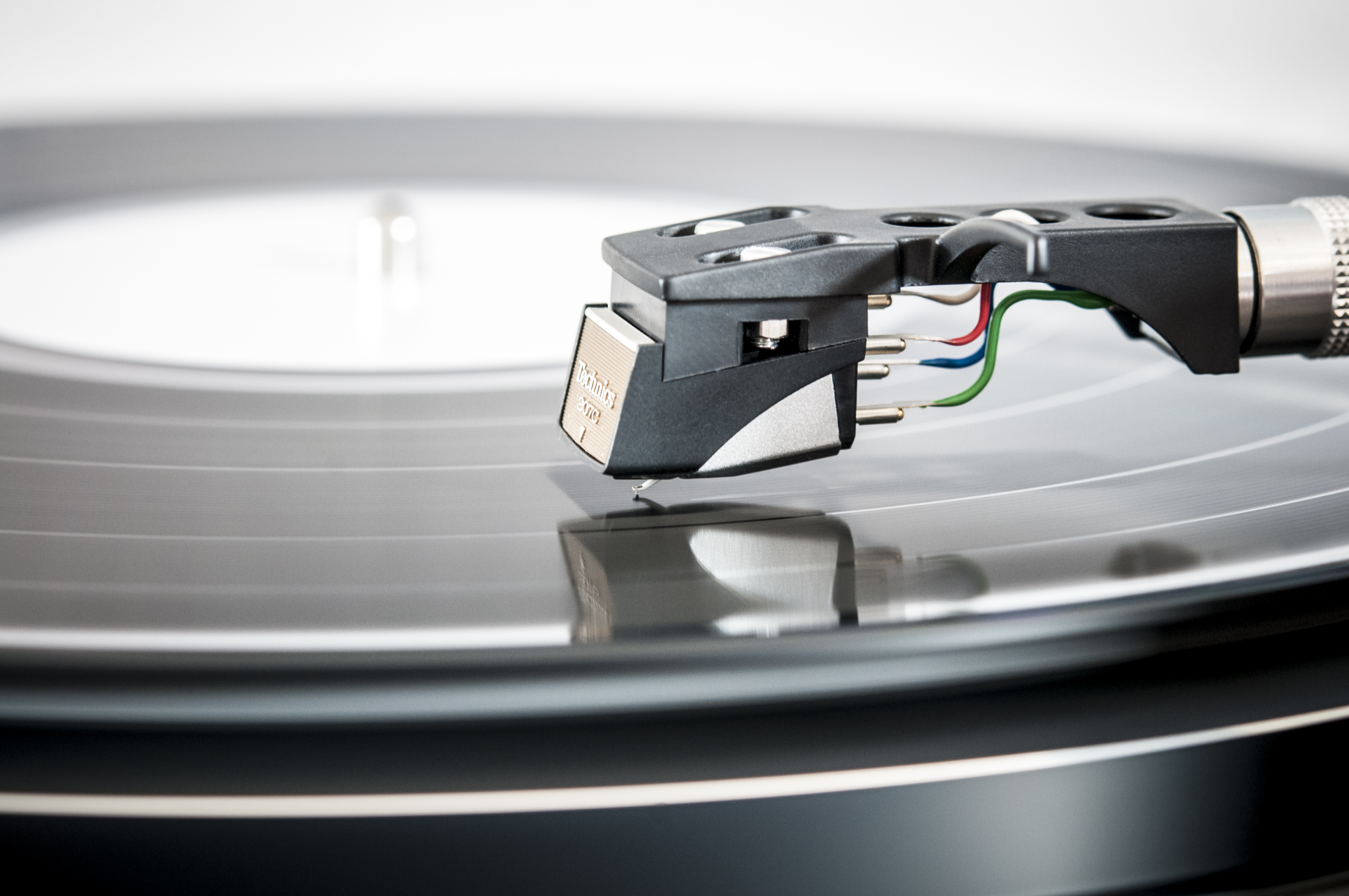 In the last month of 2015, Digital Music News released a study showing that most music listeners consume content through streaming sites, like Pandora, Spotify and the like. That is no surprise, given the popularity of such services in recent years, which some have attributed to a decline in piracy. One of the most attractive things about these services, despite being free, is the sheer volume of music available, in most every genre from thousands of top artists. Subsequently, when polled about the most important factor when deciding where to listen to or purchase music, those polled listed availability of content as the number one deciding factor. More important, even, than sound quality. In fact, just over 20 percent of listeners asserted that quality was paramount.
In the last month of 2015, Digital Music News released a study showing that most music listeners consume content through streaming sites, like Pandora, Spotify and the like. That is no surprise, given the popularity of such services in recent years, which some have attributed to a decline in piracy. One of the most attractive things about these services, despite being free, is the sheer volume of music available, in most every genre from thousands of top artists. Subsequently, when polled about the most important factor when deciding where to listen to or purchase music, those polled listed availability of content as the number one deciding factor. More important, even, than sound quality. In fact, just over 20 percent of listeners asserted that quality was paramount.
However, new research shows something slightly different. At this most recent Consumer Electronics Show (CES), MusicWatch revealed that consumers not only care about sound quality, they are willing to pay more for it if given that option. That is not to say that that the preference trumps availability as the main focus, but at least 25 million music fans, according to their findings, prefer studio sound quality.
This is interesting considering that most of the users of such services don’t know, exactly, the difference between compressed and lossless sound. Given the rise of mp3 a little over two decades ago, many have been become used to a rather low quality sound of music. However, with some companies like Sonos pointing out the difference and marketing the idea of lossless sound as a luxury, in recent years, the movement towards the latter appear to be shifting positively. Likewise, the billion dollar audio company Beats built its empire promising studio quality sound, much different than what people were used to. It proved effective for the company.
Nevertheless, it hasn’t worked for everybody. Other companies that have tried to capitalize off of this interest have failed at marketing the feature in a way that’s informational and engaging. Instead of focusing on sound quality, they chose to position themselves as a mere alternative to Spotify and iTunes, attempting to use celebrity as a reason for subscription. The ploy has failed so far.
The latest data are significant given serious debates among audiophiles about the need for better quality of sound. The fact has remained, though, that if majority of people don’t really care, why bother? Afterall, a move to lossless audio calls for more effort, more bandwidth, and greater effort, overall. Yet this latest revelation may inspire greater consideration among top companies. Indeed, some have already made attempts to offer better quality; Spotify’s premium option provides its paying users with arguably better quality than its free service.
Still, companies who do decide to cater to the interests of this young, affluent group, would do well to communicate in understandable terms rather than industry jargon. Music Watch came to these conclusions doing just that. As more efforts are made to educate music lovers on the difference in quality, that number will undoubtedly continue grow in the near future.
